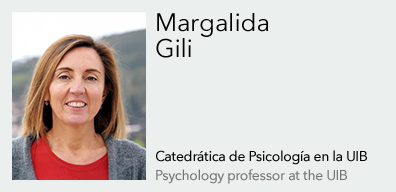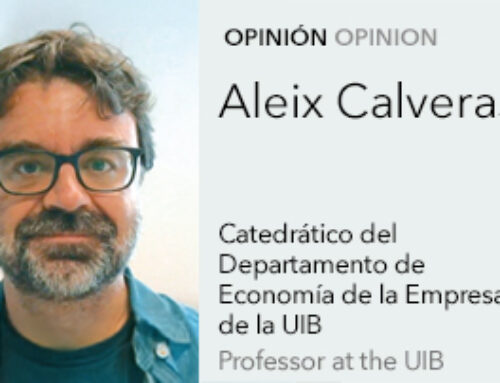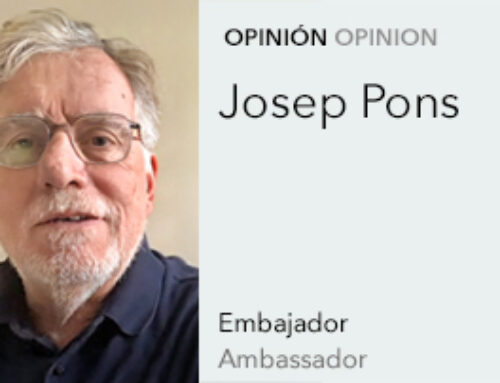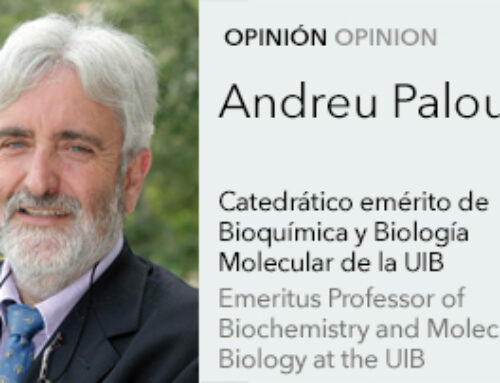 From a young age he had been an example of righteousness, refusing bribes, denouncing injustice, and helping others, even if it meant personal sacrifices. One day he moves to work and live in a country where, unlike his own, the bureaucracy is a labyrinth designed to discourage even the most persistent and everything moves to the rhythm of discreet envelopes that pass from hand to hand. He soon realises that if he accepts the local customs everything flows faster. Just as quickly, he firmly rejects these practices. Will his unshakeable moral fortitude ever succumb to the purchase of wills? How much is atmosphere and how much is character?
From a young age he had been an example of righteousness, refusing bribes, denouncing injustice, and helping others, even if it meant personal sacrifices. One day he moves to work and live in a country where, unlike his own, the bureaucracy is a labyrinth designed to discourage even the most persistent and everything moves to the rhythm of discreet envelopes that pass from hand to hand. He soon realises that if he accepts the local customs everything flows faster. Just as quickly, he firmly rejects these practices. Will his unshakeable moral fortitude ever succumb to the purchase of wills? How much is atmosphere and how much is character?
It is common to think that if someone is corrupt it is because it is part of his or her personality, because it is a stable trait in space and continuous over time. But science clearly shows that this is not the case. Numerous studies have shown a clear link between socio-cultural norms and the level of individual corruption.
Those who consider themselves immune to corruption can become corrupt relatively easily if the environment facilitates it
Although for obvious reasons it is difficult to know exactly how the personality trait ‘corruption’ is distributed in society, studies reveal that approximately 5% of people always engage in and collaborate with dishonest practices, fraud and deceit. It is also known that another 5% under no circumstances abuse power or authority for illicit or immoral gain. These analyses leave us with a wide margin of 90% of people whose behaviour depends on the system. Thus, even those who consider themselves immune to corruption can become corrupt relatively easily if the environment facilitates it, and the move to the dark side would be accompanied by a ‘everybody does it’, the belief that there will be no legal consequences, or the conviction that the system is designed to facilitate and even force these practices.
 Although our protagonist would initially seek out allies in his new country with similar values to his own, probe for ways to positively influence the system or try to expose corruption publicly, he would probably end up engaging in certain practices that would not necessarily involve major crimes but more often than not, small acts such as favouritism, circumvention of rules or bribery. And the motivation would have to do not with greed or ambition but with necessity, pressure or opportunity.
Although our protagonist would initially seek out allies in his new country with similar values to his own, probe for ways to positively influence the system or try to expose corruption publicly, he would probably end up engaging in certain practices that would not necessarily involve major crimes but more often than not, small acts such as favouritism, circumvention of rules or bribery. And the motivation would have to do not with greed or ambition but with necessity, pressure or opportunity.
The relationship between corruption and environment is fundamental to understanding how the social, political and economic context facilitates or inhibits corrupt behaviour and combining educational, legal and social measures is key to reducing the problem. Because science seems to conclude that in certain circumstances almost everyone has a price.








Leave A Comment